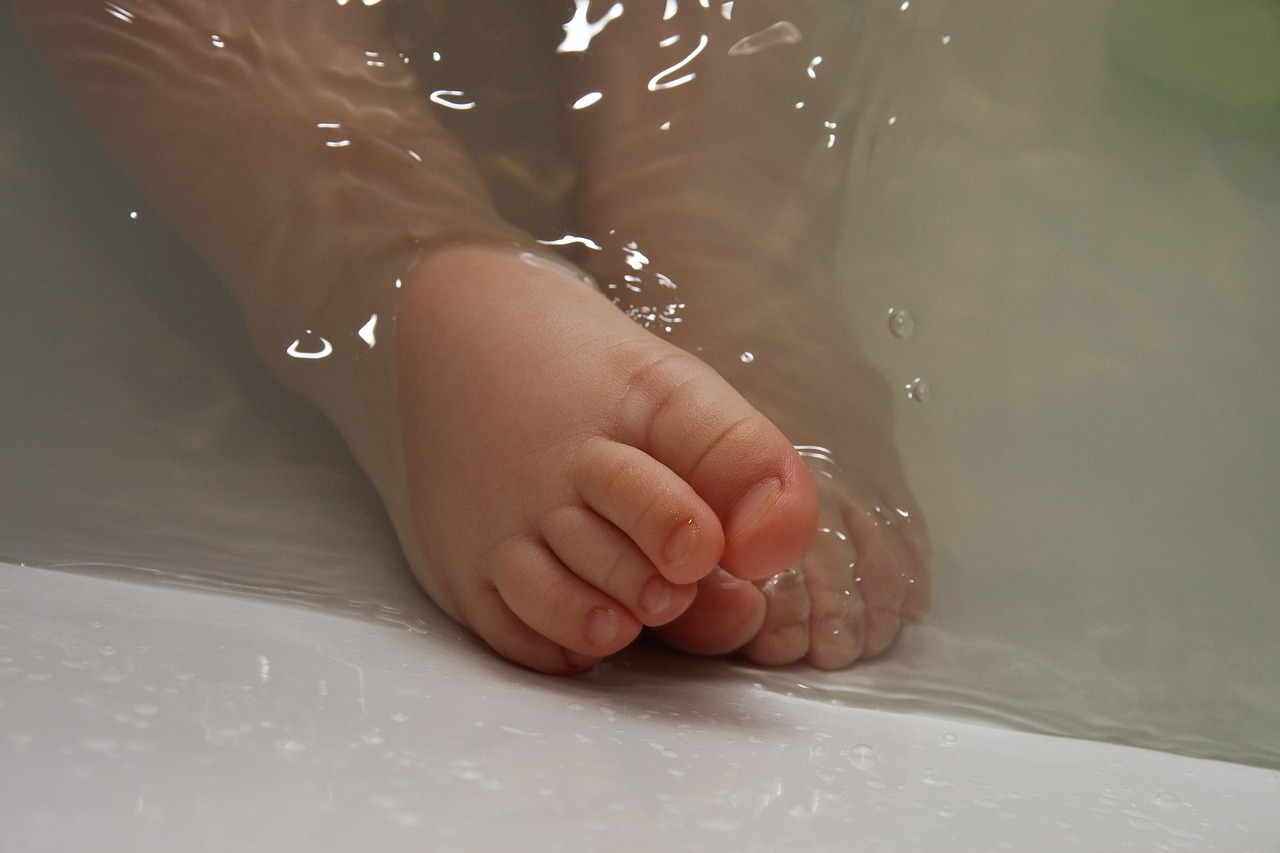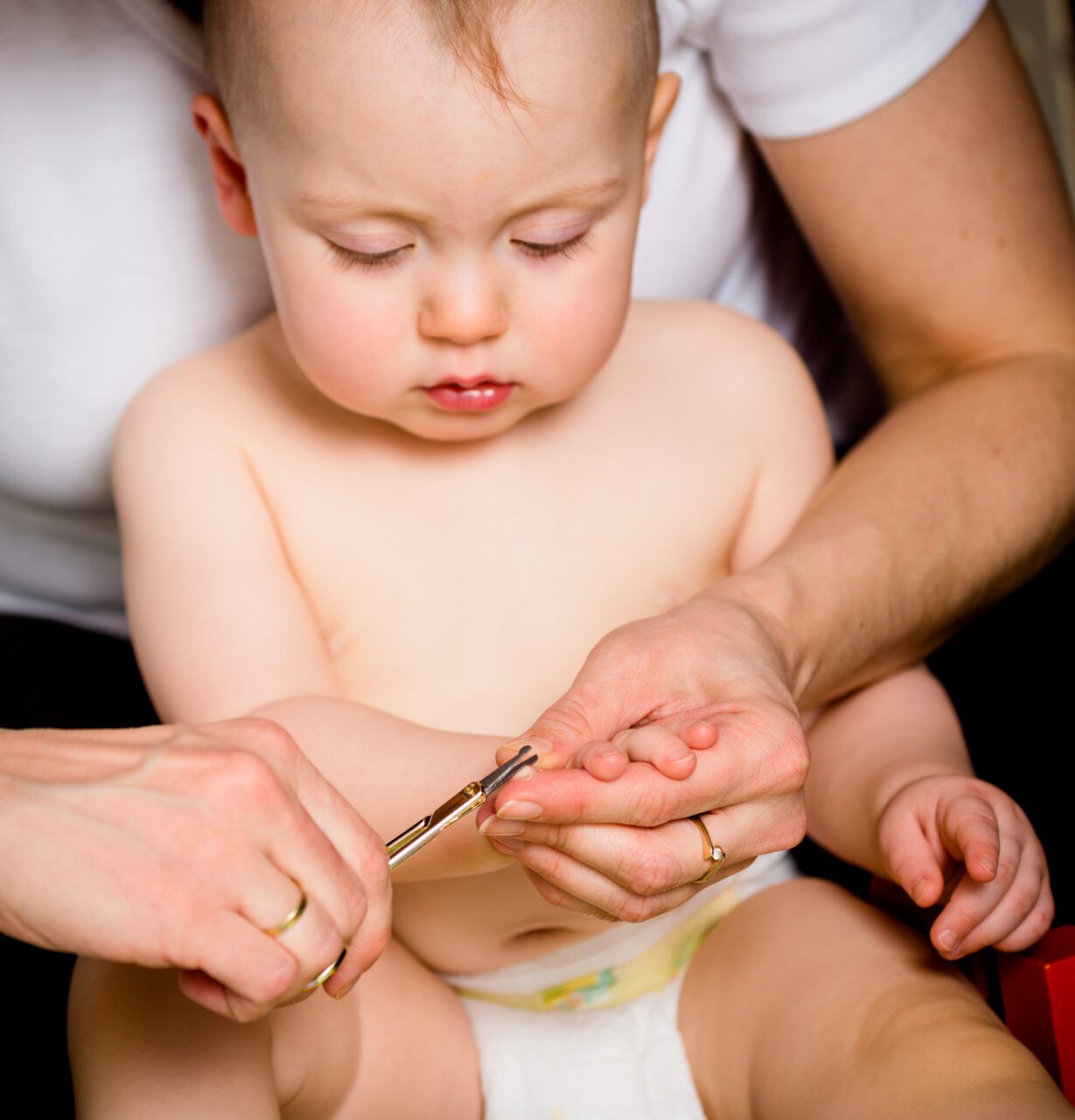Is there anything more heart-wrenching than seeing your baby suffer from eczema? As parents, we’re programmed to shield our little ones from discomfort and pain. But when it comes to eczema, it seems like an uphill battle, doesn’t it? Well, hold on to your hats, because we’re here to equip you with the knowledge you need to manage baby eczema, focusing on one crucial aspect—bathing routines.

Bathing Routines for Babies with Eczema: Gentle Care
Caring for a baby with eczema is no walk in the park. But with the right techniques, you can alleviate their discomfort. Let’s dive right into understanding bathing routines for babies with eczema.
Understanding Baby Eczema: A Quick Overview
- What is Baby Eczema?
Are you wondering what exactly is baby eczema? Also known as atopic dermatitis, baby eczema is a skin condition characterized by red, itchy rashes. It commonly occurs on a baby’s cheeks, but it can appear anywhere on the body.
- Causes of Baby Eczema
The exact cause of baby eczema isn’t clear. However, it’s believed to stem from a combination of genetic and environmental factors. Certain triggers like dry skin, irritants, allergens, and even stress can lead to flare-ups.
- How Common is Baby Eczema?
According to the American Academy of Dermatology, baby eczema affects approximately 13% of all children under the age of 18 in the United States. You’re not alone in this, and it’s a condition that can be managed effectively with the right care.
The Role of Bathing for Baby Eczema
Why is Bathing Important?
Bathing plays a crucial role in eczema care. It helps in keeping the skin clean, reducing the risk of infections, and providing relief from itchiness. However, it’s a double-edged sword. If not done correctly, it can dry out the skin and exacerbate eczema symptoms.
Ideal Bathing Frequency
How often should you bathe a baby with eczema? It’s a common question that perplexes many parents. Most dermatologists suggest bathing the baby daily or every other day, provided you’re following the right techniques.
The Ideal Bathing Temperature
Steer clear of hot water as it can strip the skin of its natural oils, leading to dryness. Opt for lukewarm water, which is gentler on the skin.
Building the Perfect Bathing Routine
Choosing the Right Baby Bath Products
Choose bath products designed for sensitive skin. Avoid products with fragrances, parabens, or sulfates as they can irritate the skin. Hypoallergenic and tear-free options are your best bet.
Our Step by Step Process for Bath Routine for Baby with Eczema
Here is the step-by-step process
- Preparing the Bath: Gather mild, fragrance-free baby soap, lukewarm water, a washcloth, gentle shampoo, moisturizing cream, and a clean towel
- Use lukewarm water to avoid skin irritation
- Use mild, fragrance-free baby soap and avoid vigorous scrubbing
- Avoid Harsh Products: Stay away from products with harsh chemicals.
- Keep the bath short, 5 to 10 minutes
- Pat Dry: Gently pat the baby’s skin with a soft towel
- Moisturize Immediately: Apply hypoallergenic, fragrance-free moisturizer on your baby’s skin
- Dressing Up: Dress the baby in loose, soft cotton clothing
- Frequency of Baths: Daily baths may not be necessary for babies with eczema
- Be Patient and Consistent: Stick to the routine for best results
Post-bath Care: The Importance of Moisturizing
It’s a myth that you can combat dry skin by skipping the bath. The reality is that a proper bath can actually help moisturize the skin—provided it’s followed by immediate application of a moisturizer. Apply a generous layer of a hypoallergenic, fragrance-free moisturizer immediately after the bath, when the skin is still a bit damp. This practice helps lock in the moisture, keeping your baby’s skin hydrated.
Adapting the Bathing Routine as Per Seasons
Bathing Routine in Summer
Summers can be tough on your baby’s skin, especially when they have eczema. Excessive heat can make eczema flare-ups worse. Opt for cooler baths, and always remember to hydrate their skin post-bath with a moisturizer.
Bathing Routine in Winter
Winter brings with it dry air, which can lead to dry skin—a nightmare for any eczema-prone child. In such cases, it’s essential to not let their skin dry out post-bath. Apply a thick layer of moisturizer and consider using a humidifier to maintain a skin-friendly environment.

Additional Care Tips for Babies with Eczema
Eczema-friendly Clothing Choices
Clothing can play a crucial role in managing your baby’s eczema. Opt for soft, breathable fabrics like cotton, and avoid wool or synthetic fibers that can cause irritation.
Keeping Your Baby’s Nails Trimmed
This may seem like an odd suggestion, but it’s a useful one. Babies tend to scratch their itchy skin, and sharp nails can cause wounds and further infections. By keeping your baby’s nails trimmed, you can reduce the risk of skin damage.
Recognizing and Avoiding Triggers
Understanding what triggers your baby’s eczema flare-ups can go a long way in managing the condition. Common triggers include certain foods, dust mites, pet dander, and even stress.
Frequently Asked Questions About Bathing Babies with Eczema
What Kind of Soap is Best for Babies with Eczema?
Choose a soap that’s hypoallergenic, fragrance-free, and specifically designed for sensitive skin. Some brands even offer soaps formulated for babies with eczema.
Can I Give My Baby a Bath Every Day?
Yes, but make sure to follow the right bathing practices. Bathe them in lukewarm water and remember to moisturize immediately after.
Should I Use a Washcloth or Sponge?
A soft washcloth is recommended as sponges can sometimes be too harsh on the skin, leading to irritation.
How Long Should Bath Time Be?
Aim for short baths, ideally not more than 10-15 minutes. Longer baths can strip the skin of its natural oils, causing dryness.
How Can I Stop My Baby from Scratching?
Keep their nails trimmed, consider using mittens, and maintain a regular bathing and moisturizing routine to alleviate itchiness.
When Should I Consult a Dermatologist?
If your baby’s eczema symptoms don’t improve with home care, or if they experience frequent flare-ups, it’s best to consult a dermatologist.
Conclusion: Making Bath Time a Soothing Experience
Bathing routines for babies with eczema don’t have to be a source of anxiety. By understanding the condition and following the right techniques, you can turn bath time into a soothing experience for your little one. Remember, every baby is unique, and what works for one might not work for another.




